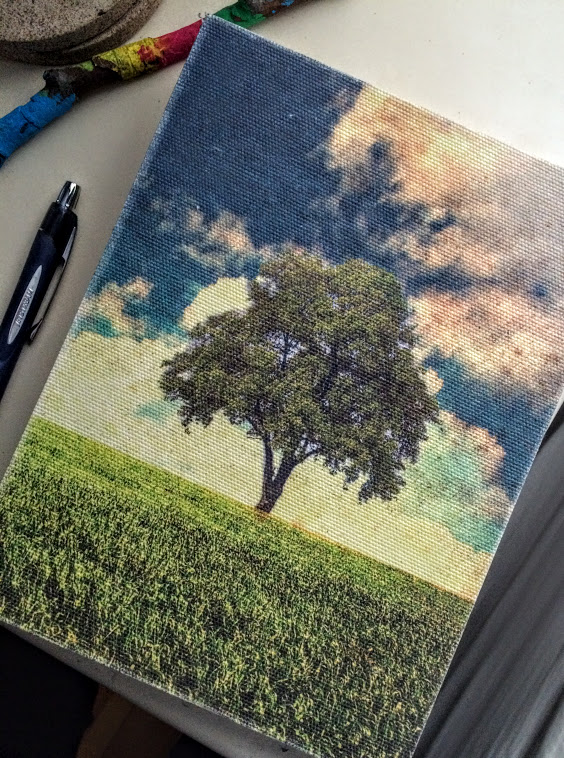From Writing
Q and A: Writer’s Workshop at the ESC of Central Ohio
On November 9, I facilitated a Writer’s Workshop at the Educational Service Center. Below you will find the Q and A and some resources I use for the event.

During the workshop, we defined the importance of environment for the vulnerable work of sharing our writing together. The qualities the group determined were most important were: Courage, Purposefulness, and Respect, affectionately given the acronym CPR.
To begin, here is a link to the Power Point used in the workshop. In addition, here are other resources you may find helpful:
- Overview of writers workshop (handout)
- Writer’s workshop coaching sheet
- Writer’s workshop note taking sheet
- Writers workshop revision record
Also, here are the TEDTalks from Brene Brown on vulnerability and shame that I mentioned.
Practice for Finding Inner Guidance: Journaling and Lectio Divina
“Let yourself be silently drawn by the strange pull of what you really love. It will not lead you astray.”
― Rumi
Lectio Divina, or “divine reading” is traditionally a form of contemplative practice from the Christian faith tradition where one studies scripture seeking messages from God.
Today, it can also be used as a contemplative practice where one meditates on a text of choice, often times a poem, seeking individual connections and meanings.
Beautiful Moments: Rainbows, New Notebooks and Pumpkin Donuts
Opening the first page of a new notebook,
blank space soon to be filled
beginning again, pen to paper,
poised to fill the pages
Q and A from Teachers on Mindful Creativity
Last week I worked with some amazingly creative and engaged teachers from a variety of backgrounds facilitating a workshop on mindful creativity. The Q and A below is a result of questions from participants left on exit tickets, followed by my responses.
- Why “mindfulness”? Any special reason for picking that word?
This is a really good question that gave me pause. I looked up the root of the word and came upon this document published by the National Institute for the Clinical Application of Behavioral Medicine. In short: mindfulness itself simply means intentional awareness to the moment, which is innately human and certainly not new. The formal practice of mindfulness has its root in Buddhism, and according to this article by Siegel, Germer, and Olendzki:
“‘Mindfulness,’ as used in ancient texts, is an English translation of the Pali word, sati, which connotes awareness, attention, and remembering. (Pali is the language in which the teachings of the Buddha were originally recorded. The first dictionary translation of sati into “mindfulness” dates to 1921 (Davids & Stede, 1921/2001).”
- What is the difference between mindfulness and self-consciousness?
Mindfulness is about cultivating present-moment awareness and self-compassion. Self-consiousness does not necessarily equate to either of these outcomes. One can be aware of one’s self, particularly as viewed through the eyes of others or through the critical self, in ways that are neither objectively aware or self-compassionate. In addition, while mindfulness may create space or distance from thoughts, self-consciousness alone may increase one’s engagement with thoughts, particularly those about the self.
Transformation Through Art: Mindful Creativity Connections
This week I worked with students in the Mosaic program with Kim Leddy and Steve Shapiro. We wanted to provide students with an introduction to mindfulness and mindful creativity while also introducing the themes of transformation, identity and change.
Before I came into the classroom, Kim and Steve had used a variation on this mindfulness lesson (originally for teachers and staff) to introduce neuroplasticity and mindfulness to students. In the lesson, they also had students write metaphors for their brains. Student responses ranged from “a runaway train” to “Willy Wonka’s chocolate factory.”
This lesson prepared students by providing opportunities to think about what their brain is like now, and what they might want it to be like in the future with the understanding that they can make changes with focused attention. It was a great lead in to some creative, messy work.
Poetry and Ritual: Interwoven Art Forms
“For just that moment of speaking, whatever you say is there, briefer even than the taste of gelato or the light on the frescoes at San Marco.”
– Angie Estes, “Want” in Poets on the Psalms
A most powerful insight that has developed for me over time is this: words, rituals, do in fact have power over humanity- power to heal and power to transform- perhaps only in the moment, perhaps over a lifetime.
I recently wrote about the power of ritual to harness our both intention and attention toward honoring the moments of our lives. Because this topic of ritual has been on my mind, I used the inspiration to create a writing prompt for my writers group made of amazing women whom I know through either the Columbus Area Writing Project or the Pages program.
What Would You Take from The Burning House?
Joy Sullivan, poet, teacher and Pages Artist-in-Residence shared “The Story We Tell With Our Stuff” on the Pages blog.
The On Being post features The Burning House, a project where people submit photos of what they would take with them if their house was burning down. This inspired me to do the same. Of course, I am too wordy to just list things, so there is a description, too.







